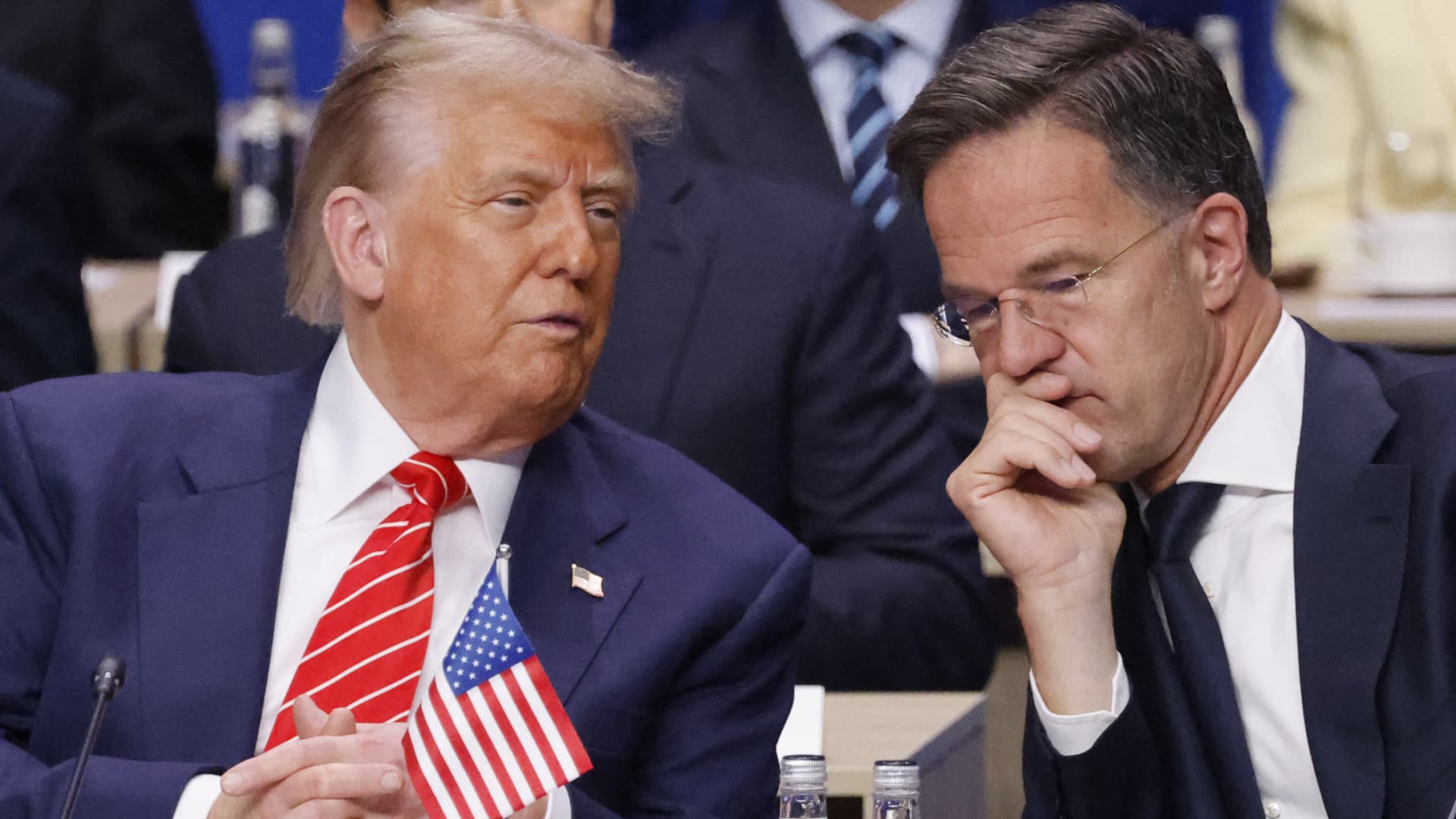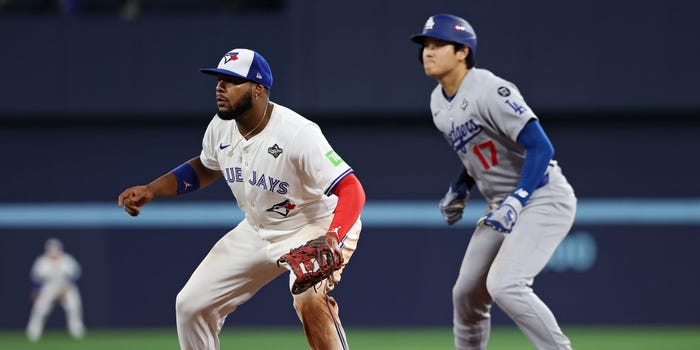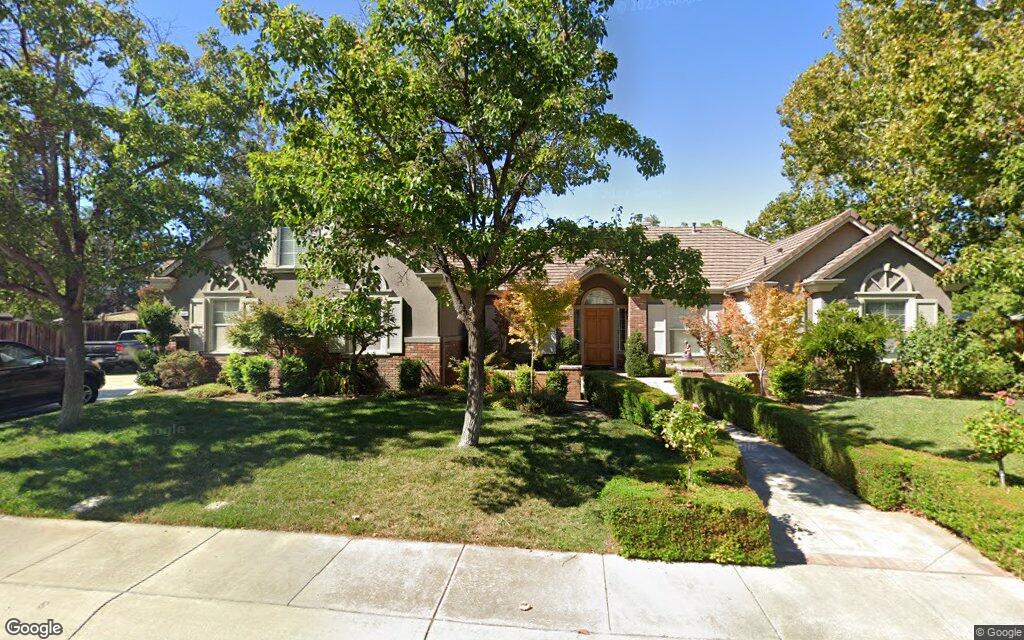NATO Summit: Trump and Rutte’s Bond Captures Attention

THE HAGUE – In a week marked by historic decisions on defense spending, the unexpected camaraderie between U.S. President Donald Trump and NATO Secretary General Mark Rutte became the focal point at the NATO summit held on June 25, 2025. The two leaders shared moments of mutual admiration, overshadowing even the summit’s significant policy advancements.
Immediate Impact
The NATO summit, which convened in The Hague, saw member countries agreeing to a substantial increase in defense spending, with a target of reaching 5% of GDP by 2035. However, it was the personal rapport between Trump and Rutte that garnered widespread attention. Rutte, who has been at the helm of NATO since 2024, publicly lauded Trump for his leadership, crediting him with revitalizing the alliance’s commitment to security.
“This would not have happened if you would not have been elected in 2016 and re-elected last year … so I want to thank you,” Rutte stated, praising Trump as a “man of strength … and peace.”
Key Details Emerge
During the summit, Rutte’s remarks were not limited to formal speeches. In a lighter moment, he humorously compared Trump to a paternal figure, saying, “And then daddy has to sometimes use strong language to get them to stop,” referring to Trump’s approach to international conflicts.
Rutte’s comments, which were initially made in private and later shared by Trump on his Truth Social platform, included praise for Trump’s decisive actions in the Middle East, particularly regarding Iran.
‘Daddy’ Issues
The affectionate term “daddy” used by Rutte quickly became a topic of interest for journalists. During a press conference following the summit’s conclusion, Sky News correspondent Deborah Haynes questioned the appropriateness of such flattery, asking if it might be perceived as demeaning.
“The language that you have used when talking to Donald Trump has been notable because of its flattery,” Haynes remarked.
Rutte defended his choice of words, emphasizing his longstanding friendship with Trump and the positive outcomes of their collaboration.
By the Numbers
- Defense spending to reach 5% of GDP by 2035
- Trump credited with boosting NATO’s security investments
- Rutte’s tenure as NATO Secretary General began in 2024
Expert Analysis
Experts have noted that Rutte’s praise for Trump is part of a broader strategy to maintain strong U.S.-NATO relations. According to Dr. Emily Carter, a senior fellow at the Atlantic Council, “Rutte’s comments are likely aimed at ensuring continued American engagement and support, which is crucial for NATO’s future.”
Background Context
The NATO summit’s decisions come amid global security challenges and shifting geopolitical landscapes. The increase in defense spending reflects the alliance’s response to emerging threats and the need for enhanced collective defense capabilities.
Rutte’s relationship with Trump is rooted in years of diplomatic interactions, dating back to his tenure as Dutch Prime Minister. Their mutual respect has been a consistent theme, with Rutte often highlighting Trump’s influence in international matters.
What Comes Next
Looking ahead, NATO members are expected to implement the agreed-upon defense spending increases over the coming decade. The alliance will also continue to address pressing global issues, with the U.S. playing a pivotal role under Trump’s leadership.
As the summit concludes, the focus shifts to the practicalities of meeting the new defense targets and the ongoing collaboration between NATO allies. The Trump-Rutte dynamic, while unorthodox, underscores the importance of personal relationships in international diplomacy.
The next steps for NATO will involve strategic planning and coordination among member states to ensure that the ambitious goals set during the summit are achieved, ensuring the alliance’s strength and stability in the years to come.






